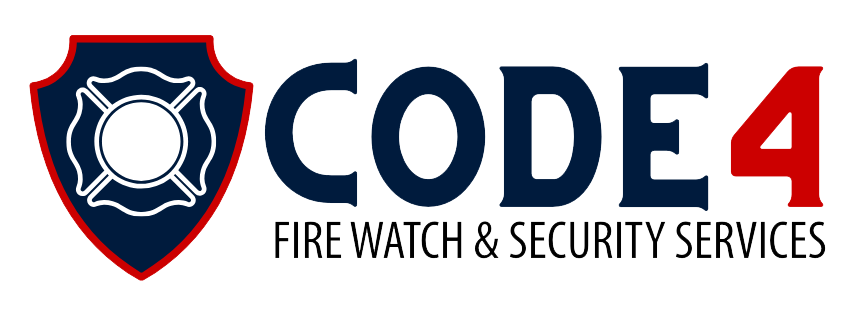It’s January, and depending on the part of the country you live in, temperatures are low, and there may even be snow on the ground. And, while the winter weather can be delightful, it can also be dangerous. The danger comes when people do not understand or consider the basics of fire safety.
Consider these facts:
- December through February are the peak months for home fires, with January reaching 21% more home fires.
- Confined fires are the cause of 75% of residential fires.
- According to the National Fire Protection Association, firefighters responded to a fire every 24 seconds.
- In a report by NFPA for 2018, there was $508 million in damages to industrial and manufacturing properties.
- In 2020, fires in the United States caused property loss of about $21.87 billion. This was an increase from 2019, when fires caused about $14.82 billion.
- It is estimated that in 2019 there were 110,900 non-residential fires.
These facts are good indicators that if you are a business owner or own commercial property, it is essential to take precautions to protect your property.
Winter Fire Safety for Your Business
It might be beautiful outside, but keeping the cold weather out and warmth in is no joke. It is important to take the necessary precautions to protect your employees and your property. Here are some proactive moves you can take to boost your fire safety protocols.
- Always keep at least 3 feet of space between any flammable objects and a heat source. This includes boxes of paper, articles of clothing, Styrofoam, or any other products that can easily incite a fire.
- Have your sprinkler system, any carbon monoxide detectors, and fire alarms checked at least twice a year. These systems are of no use for minimizing fire if they are working incorrectly.
- Be sure your HVAC system and electrical system are in proper working order. Believe it or not, there is an average of 200 workers (or 22%) killed each year from fires that could have been prevented with proper maintenance.
- Pay attention to electrical cords in the office. Be sure that cords and outlets are not overloaded.
- We all know that one person who is cold when everyone else is comfortable- or even warm. And, while space heaters are nice, they are also dangerous. Ideally, don’t have them in an office area. If you allow them, be sure that they have automatic shut-offs and are only used in well-ventilated areas. In addition, take care to keep them away from any flammable materials.
- If you are working on a commercial job site, and use a portable generator, then be sure that they are outside and away from windows.
- As a basic fire safety protocol, have fire drills for your employees on a regular basis. Make certain that everyone knows the route and protocol for your location.
- If your building is multi-storied, have working emergency escape ladders.
- While electric heat systems are the most common in commercial spaces, should your retail location have natural gas heat, then be sure that it is maintained often.
Beyond all of these safety precautions, educating your employees on all fire safety procedures is necessary. Whether it is through lunch and learn programs or being required to read your company’s Emergency Action Plan, having employees who know what to do in the event of a fire and how to minimize the risk of fire is vital.
Fire safety is vitally important no matter the time of year, but when cold weather strikes, it can be easy to overlook those actions that can be unsafe. Following these fire safety tips for colder weather is important. If you have questions about how safe your commercial property or residence is, contact your local fire department or visit the Code 4 Fire Watch blog.

